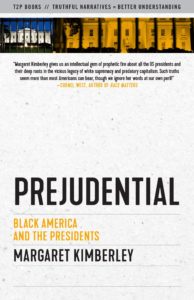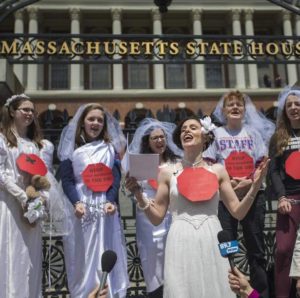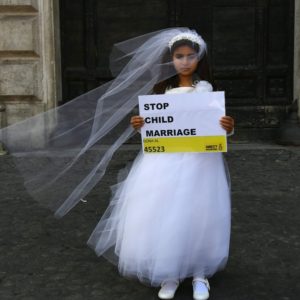Podcast: Play in new window | Download
Prejudential: Black America and the Presidents
America was settled and set up as a slave owning country. When it broke free of England it was finally able to expand westward, across the Appalachian mountains, committing genocide against the native Indian population. This is the sordid and hidden root history that truth telling historians have revealed to us.
In her new book Prejudential: Black America and the Presidents, author Margaret Kimberley explores America’s relationship with race through the lens of the presidents who have been chosen to represent all the people.
Ten of the 12 initial presidents of the USA were slave owners. Andrew Jackson, whose picture graces our twenty dollar bill, was an Indian killer. Lincoln was never an abolitionist. He wanted America for white people only and had a plan to send the formerly enslaved out of the country. One such plan briefly came to fruition in Haiti.
What about Presidents Roosevelt, Johnson, Clinton and Obama? Were they more sympathetic to the interest of black Americans?
Guest – Margaret Kimberley, a New York-based writer and activist. She has been an editor and senior columnist for Black Agenda Report since it’s inception in 2006. She is a contributor to the anthology In Defense of Julian Assange.
—-
Unchained At Last: Unarrange A Marriage; Rearrange A Life
Worldwide, increasing numbers of women and men are putting off marriage until they are older. Many are forgoing it altogether. In Denmark, for example, among women in their late 30s or early 40s, 29 percent are unmarried. That’s true for 18 percent in Italy, 22 percent in Lebanon; and 32 percent in Libya.
That’s why the following statistic is so shocking: Each year, before they reach the age of 18, 12 million girls will marry. It happens in every country, and cuts across religions, ethnic, and cultural divides. Over 650 million women alive today were married as girls.
Child marriage is a human rights violation. It places girls’ well-being and personal development at risk. Child brides are often isolated and feel disempowered. They are deprived of their fundamental rights to health, education and safety. Children aren’t physically or emotionally ready to become wives and mothers.
They have heightened health risks, from life-threatening complications in pregnancy and childbirth, to being victims of domestic violence or of contracting HIV/AIDS. They have limited access to education and economic opportunities, and a higher chance of living in poverty.
Guest – Fraidy Reiss, the founder and executive director of Unchained at Last. The nonprofit helps girls and women plan escapes from forced marriages and then rebuild their lives.
———————————-
———————————-




